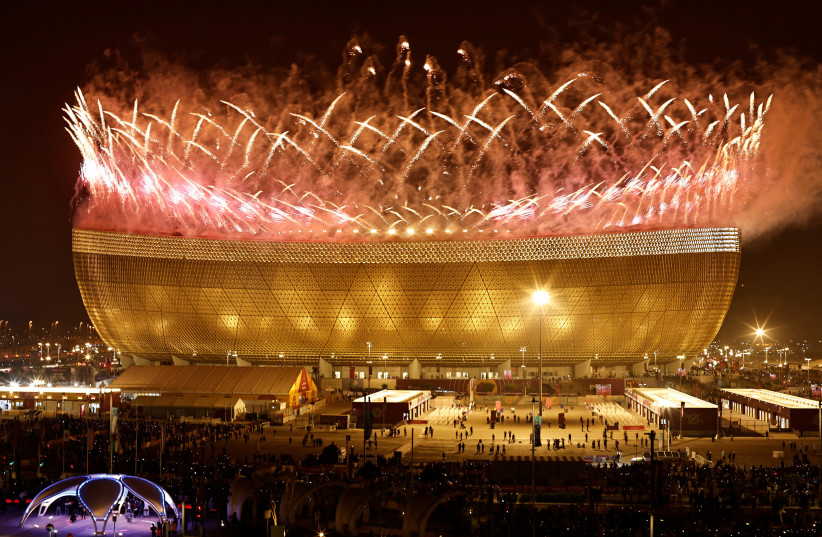Tel Aviv company Sign Now is allowing millions of deaf people around the world to take part in activities previously unavailable to them. Their unique on-demand sign language service gives companies and organizations the tools to provide all customers equal access and opportunity regardless of their impairments.
The Jerusalem Post met with its team in their Tel Aviv office, where they also showed the studio that gave an estimated 90 million people the ability to watch the world’s biggest soccer tournament.
“I was a musician – probably not so good – so I went to the deaf world and sign language. As I met deaf people and understood the huge need, I realized they did not have access. We started by managing the 2019 Eurovision competition in Israel.”
Tomer Levy
CEO Tomer Levy spoke of how the company started. “I was a musician – probably not so good – so I went to the deaf world and sign language. As I met deaf people and understood the huge need, I realized they did not have access. We started by managing the 2019 Eurovision competition in Israel.” Though he is not a CODA (child of a deaf adult), he nevertheless felt it was a problem that needed solving.
Looking for a solution, he realized that a 24/7 on-demand sign language interpretation service was the answer. In this – making it as simple as possible with only one click on their app – deaf people have the door opened to interpreters all over the world.
VP of the company and Deaf Community Manager Hila Almog, who is deaf herself, said through an interpreter that “many obstacles exist for deaf people to communicate with the speaking world. Sign Now gives us the opportunity to be independent.

“Growing up as a CODA, my parents were always dependent on their neighbors – they did not have a solution like this,” she said. “More so growing up, we felt that a lack of communication inhibited us from achieving big goals. Thanks to Sign Now, we now can.”
The company currently has paying customers across industries, including government ministries such as the Ministry of Health. Their Israel-based customers give an estimated 20,000 Israelis who need sign language to communicate access to things like customer service, government events and documents.
How did the Israeli company provide FIFA with sign language for the World Cup?
Tomer was in Basel for the 125th anniversary of the World Zionist Congress last year. While there, he met individuals who saw immense value in what the company was doing, and in turn introduced him to people at FIFA.
Tomer traveled to Zurich where he met with top executives at FIFA, which ultimately led the company to provide sign language interpretation to highlights of 64 games. This was hosted on the tournament’s FIFA+ platform.
Working alongside Kaveret (the Israeli Center for Social Innovation) and the JDC, they are looking to expand to all major sporting events and to allow companies to provide services for deaf customers. This includes their intention to provide services to the NFL for the estimated 500,000 deaf people in the US for next month’s Super Bowl.
Tomer said that “there is no reason that in 2023 the biggest US sporting event should not be accessible to everyone.”
CTO Avishai Vaisman expounded on this, saying that what the company is trying to do is allow everyone access to all types of events.
Hila said that “thanks to FIFA, we discovered new methods for providing the best service to our customers… most importantly they want to be able to watch the games live, and hopefully we will be allowed to do that in the future.
“One deaf friend said that their biggest dream is to watch the World Cup live and to understand.”
There are more than 300 sign languages in the world, with four in Israel alone. The most commonly known around the world are American Sign Language (ASL) and Universal Sign Language (USL). The World Cup work was offered in USL and the Super Bowl will ideally be offered in ASL. Their Israeli work is in the Hebrew version of sign language.
The company has bootstrapped (self-funded) until now and is in the process of raising a round to expand its offering globally, including in the US. Avishai said that current laws in the US place the burden of responsibility to provide interpreters on deaf individuals. They want to make these services more accessible so companies can provide the services themselves.
According to Avishai, the company has been contacted by individuals from countries around the world eager to bring Sign Now’s services to them. The company currently has around 100 interpreters who work from home or at their Tel Aviv studio, as well as eight employees.
